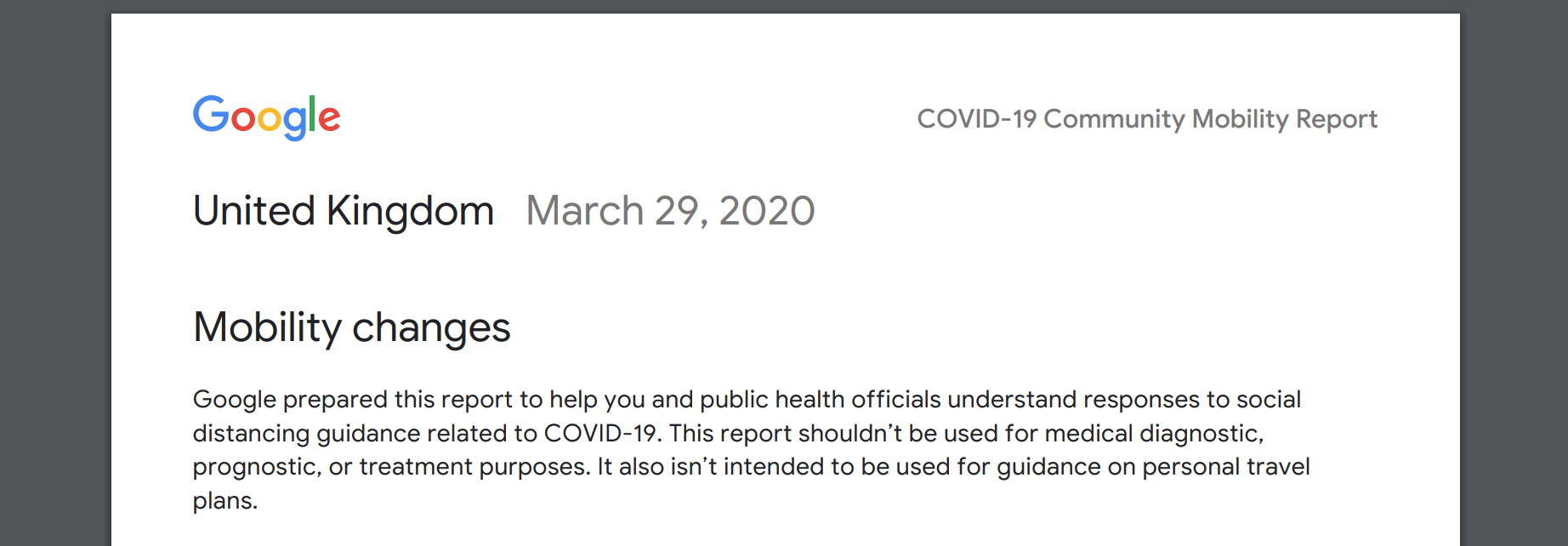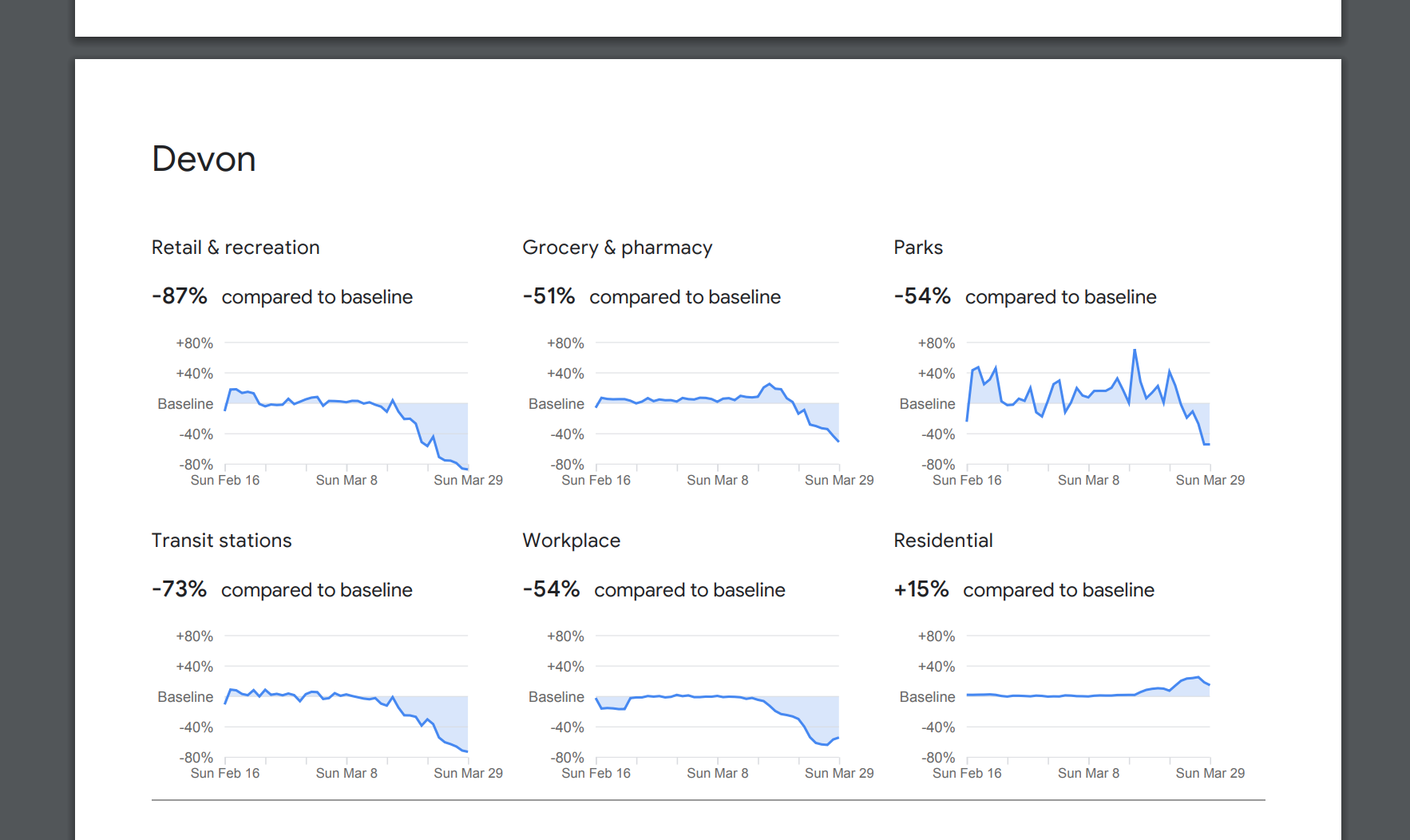Apple have unveiled a special ‘Lockdown Mode’ for individuals likely to face extremely targeted threats to their cybersecurity.
Lockdown Mode will be added to iOS 16, iPad OS16 and macOS Ventura, and is designed for a small number of users who are likely to be targets of high-end surveillance spyware, and require the digital attack ‘surface’ of their device to be drastically reduced.
The new functionality is partly a response to the work of organisations like NSO Group, who have faced repeated accusations that their counter-terrorism surveillance software has also been used by governments and various state-sponsored actors around the world to illegally target journalists, activists and other political opponents.
The new tool represents an extreme device-hardening posture, and imposes very strict controls – including:
* Messages: Most message attachment types other than images are blocked. Some features, like link previews, are disabled.
* Web browsing: Certain complex web technologies, like just-in-time (JIT) JavaScript compilation, are disabled unless the user excludes a trusted site from Lockdown Mode.
* Apple services: Incoming invitations and service requests, including FaceTime calls, are blocked if the user has not previously sent the initiator a call or request.
* Wired connections with a computer or accessory are blocked when iPhone is locked.
* Configuration profiles cannot be installed, and the device cannot enroll into mobile device management (MDM), while Lockdown Mode is turned on.
Apple is keen to point out that “while the vast majority of users will never be the victims of high targeted cyberattacks”, lockdown mode will become an option for those that may be, and reasserts Apple’s credentials in the high-end ‘secure-phone’ market previously dominated by Blackberry and other niche hardware players.
The tech giant’s will also offer up to $2m to anybody able to demonstrate a vulnerability in Lockdown Mode under their bug bounty programme – the largest such reward available in the industry.


